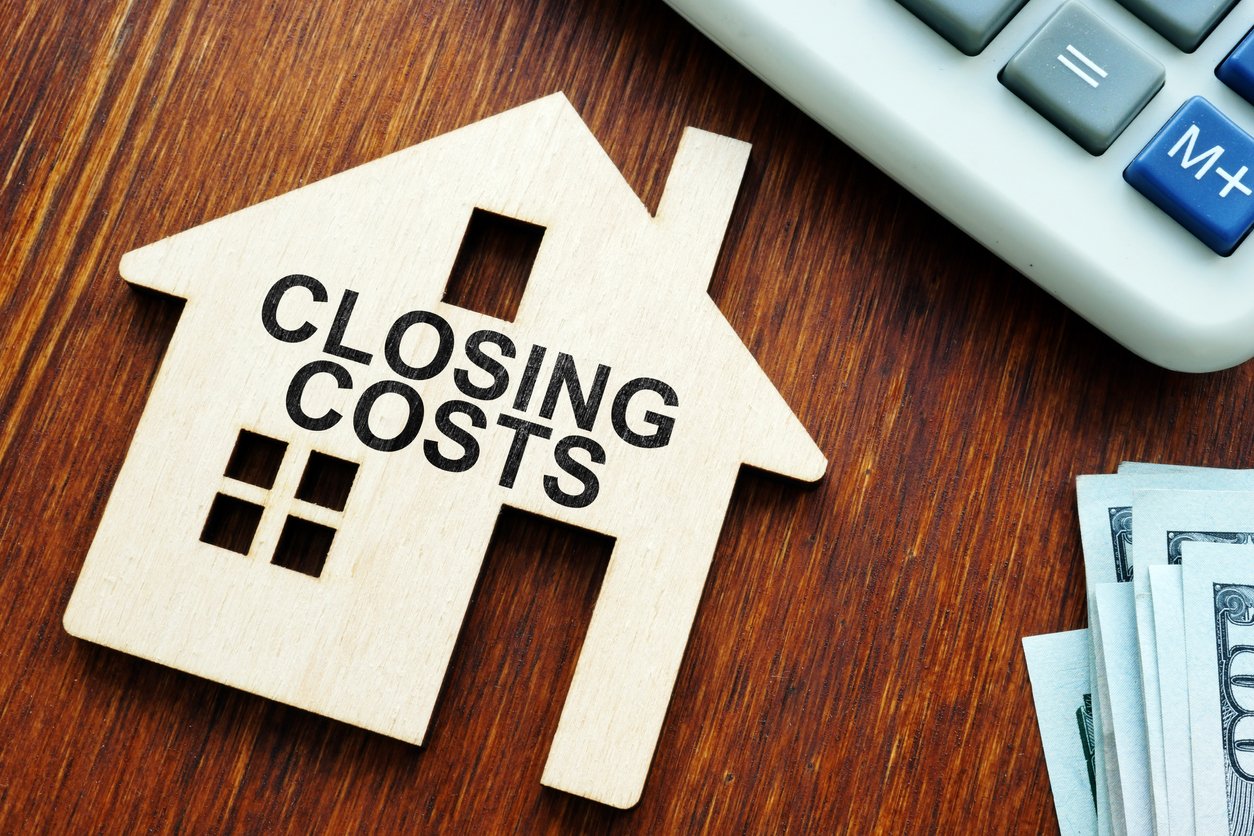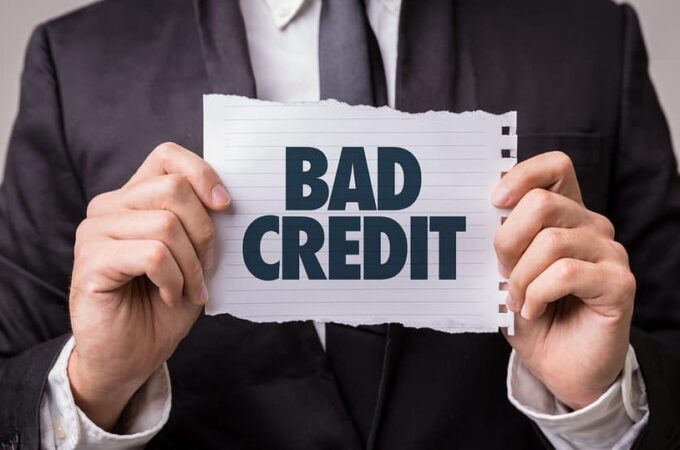
What Are Closing Costs on a House?
When purchasing a home, there are various expenses that need to be paid. Usually, these costs are negotiated between the buyer and seller. It is important for both parties to understand what closing costs entail and how they can be minimized or eliminated. There are several types of closing costs, including those for title insurance and lender fees.
Typical closing costs

When buying a house, the closing costs can add up to thousands of dollars. According to ClosingCorp, a company that researches residential real estate, the average cost of closing a house in New York is $8,256. This equates to about 2.34 percent of the loan amount. That makes New York the most expensive state for closing costs. Closing costs are also higher in the District of Columbia, where the average closing cost is $13,722. The average closing cost in Missouri is $1290.
To get the best deal, you should shop around and compare closing costs on various houses. Typically, closing costs are between 2.0% and 5.0% of the purchase price, but they can be more expensive for expensive homes. It’s helpful to estimate your closing costs ahead of time so you can avoid surprises later.
Some sellers waive or reduce closing costs. In some cases, motivated sellers will waive application or origination fees in order to help buyers save money on closing costs. Lenders can also negotiate with you to reduce your closing costs. Sometimes they will reduce your closing costs without increasing your interest rate. Lastly, if you are buying a house in a down market, you can try negotiating with the seller to reduce closing costs.
The amount of closing costs can vary depending on state laws. In high-tax states, transfer taxes can make closing costs higher than in low-tax states. The amount of closing costs paid to the lender will depend on the state’s real estate transfer tax rate. Typically, these costs include a lender’s processing fee and credit check fee. These fees help the lender with their administrative costs.
Options for reducing or eliminating closing costs
When buying a house, there are many options for reducing or eliminating closing costs. Some sellers contribute to the costs of closing and some buyers do not have to pay them at all. There are also ways to reduce the costs, such as buying the house without a realtor and buying by owner.
You can ask your lender if they will cover some of your closing costs. This is a good option for homebuyers who plan to stay in the house for a long time. However, it will cost you more money in the long run due to a higher interest rate. Another option for reducing or eliminating closing costs is to use gift funds from family or friends. This is the second most common way to reduce out-of-pocket closing costs.

Another way to reduce your closing costs is by moving the closing date. You may be able to get a lower interest rate if you choose to close a few days later. However, it’s important to keep in mind that closing costs also include per diem interest. If you choose a June 2 closing date, the interest per day will be 28 days, compared to just one day on June 29.
When it comes to reducing your closing costs, consider the terms of your mortgage loan. Many of these fees are deductible, and you can negotiate to have them waived. However, you need to itemize your taxes if you wish to qualify for a tax deduction. As a result, it’s important to negotiate these fees with the seller or the lender. In some cases, you can even get the seller to pay some of your closing costs.
Before you go to closing, remember that closing costs can affect the price of your home. High-priced homes may have higher closing costs. Transfer taxes, appraisal and survey expenses, and title insurance are all more expensive than lower-priced homes. Lower-priced houses may require a smaller down payment, which means less cash at closing.
Lender fees
Lender fees are part of the closing costs when purchasing a home. Some fees are refundable while others are not. For example, an application fee can cost up to $500, but it is not refundable if your loan is declined. Another fee you should watch out for is the assumption fee. Typically, this fee ranges between $800 and $1,000. The lender will use this fee to create the paperwork required to close the loan. Lenders usually include these fees in the loan estimate.
There are also lender fees for credit reports. Some lenders charge a $30 fee for a credit report. This fee covers a credit report from three bureaus. A lender may also charge an additional fee for a title search. These fees are typically billed in the “Other Costs” section of the loan estimate. They also include the cost of property taxes and government fees. These fees are similar to the lender’s closing costs, so it’s important to have funds on hand for closing costs.
Another type of lender fee is escrow fees. This is paid to a third-party company that conducts the closing process. These companies oversee the transaction as a neutral third party. They hold the funds during the transaction and disburse them to the appropriate parties at closing. Escrow fees can vary depending on your location. They are typically between 1 percent and 2 percent of the house’s sale price. They are usually split between the seller and buyer, but they must be included in the contract.
Before you sign any loan documents, ask the lender to give you a Loan Estimate (LE). The LE will detail the total cost of the loan, interest rate, and closing costs. You can compare several loan estimates to get the best rate and save money on your closing costs.

Title insurance
Title insurance is an important part of the closing costs on a house. It protects the lender, buyer, and seller from liability if there are any issues after the purchase of the property. A typical title insurance policy costs about 0.5 to 1% of the total purchase price. This fee will be reflected on the settlement statement and Closing Disclosure. Most title companies offer this service as part of their escrow service package.
The cost of title insurance is usually a one-time, up-front fee, not an ongoing cost. It depends on the type of policy you purchase and the price of the house. In most cases, title insurance policies cost between $1,000 and $2,000, depending on the state and the cost of the home. The price can also vary depending on the insurance company you choose.
While title insurance covers many potential title problems, it is not an absolute guarantee that there aren’t any. The insurer should research the title thoroughly and provide a title report before closing. If you don’t read the title report before closing, the title insurer will assume that you have already accepted any anomalies in the title and is therefore uninterested in dealing with any claims of other owners.
Title insurance is an essential part of the homebuying process. It protects the lender and the buyer by checking public records and settling ownership disputes. Even a new home can have defects. The builder may not have paid all the contractors on time. This can cause a huge headache for the homeowner and his/her lender.
Often, the mortgage lender will require a lender’s title insurance policy coverage equal to or greater than the loan principal. As the mortgage is paid down, this amount goes down. If the mortgage lender decides to dispute this claim, the lender will be reimbursed for any money lost. There are other ways to choose a title insurance policy, depending on the type of mortgage and your budget.
Prepaid items
When you are closing on a house, you may have to pay a few prepaid items that are not part of the mortgage process. These items are listed on your Closing Disclosure document. You should understand what these items are and whether they apply to your mortgage. These prepaid costs may surprise you.
Property taxes are an important prepaid item. These taxes are calculated by multiplying the assessed value of a home by the applicable local tax rate. For example, a home worth $200,000 would have a property tax bill of $6,000 per year. This would be $500 per month that you would have to pay on top of your mortgage payment. These prepaid costs can sneak up on you during the closing process.
These costs are not included in the mortgage, but they should be similar from lender to lender. In the event that you fail to pay these items, your lender will take you to foreclosure court. You can negotiate with your lender about which prepaid items you’ll have to pay before the closing date.
You may also have to pay mortgage interest. Prepaids include homeowners insurance premiums and taxes, and sometimes prepaids include hazard insurance and property taxes. If you have prepaids for these items, your lender will set up an escrow account for you. If you don’t pay these fees on time, they’ll delay your closing date.




